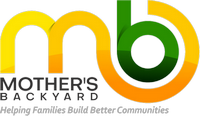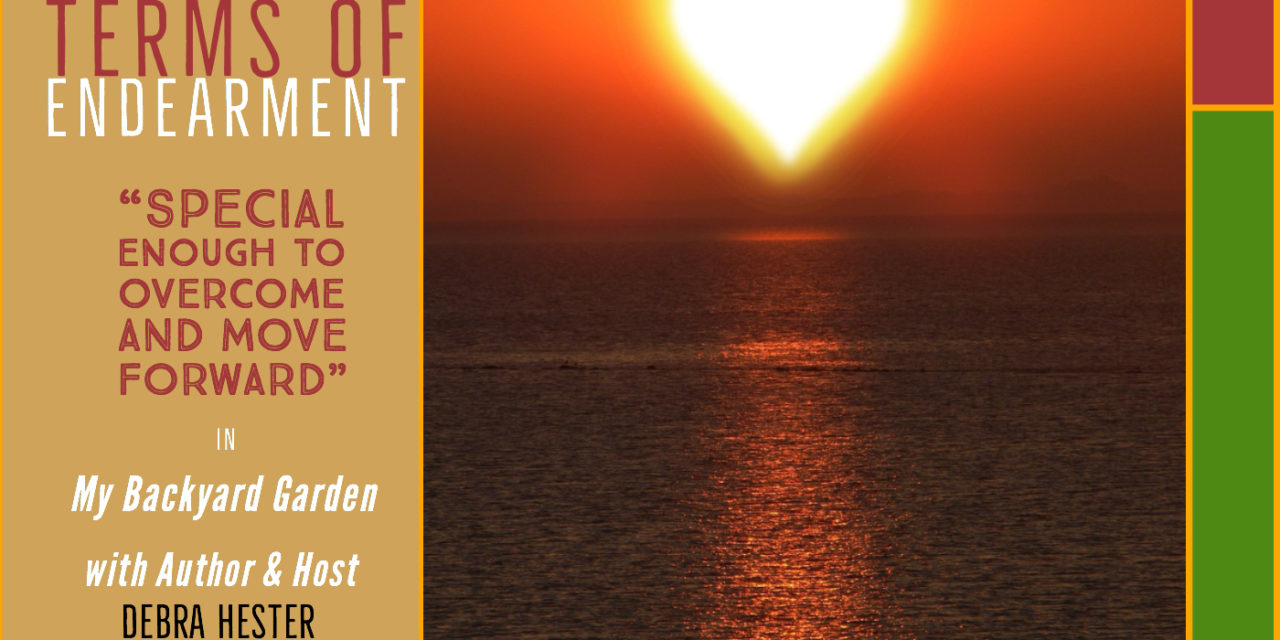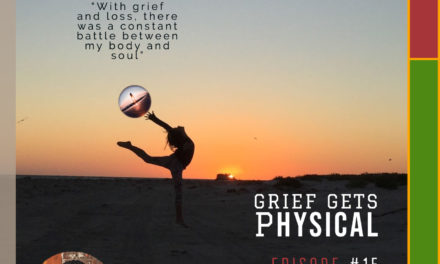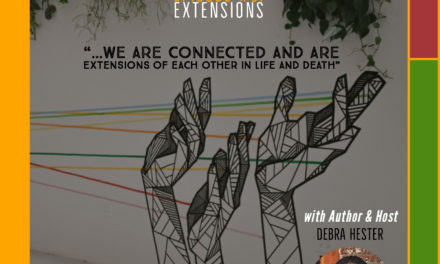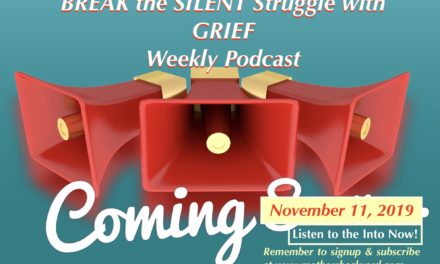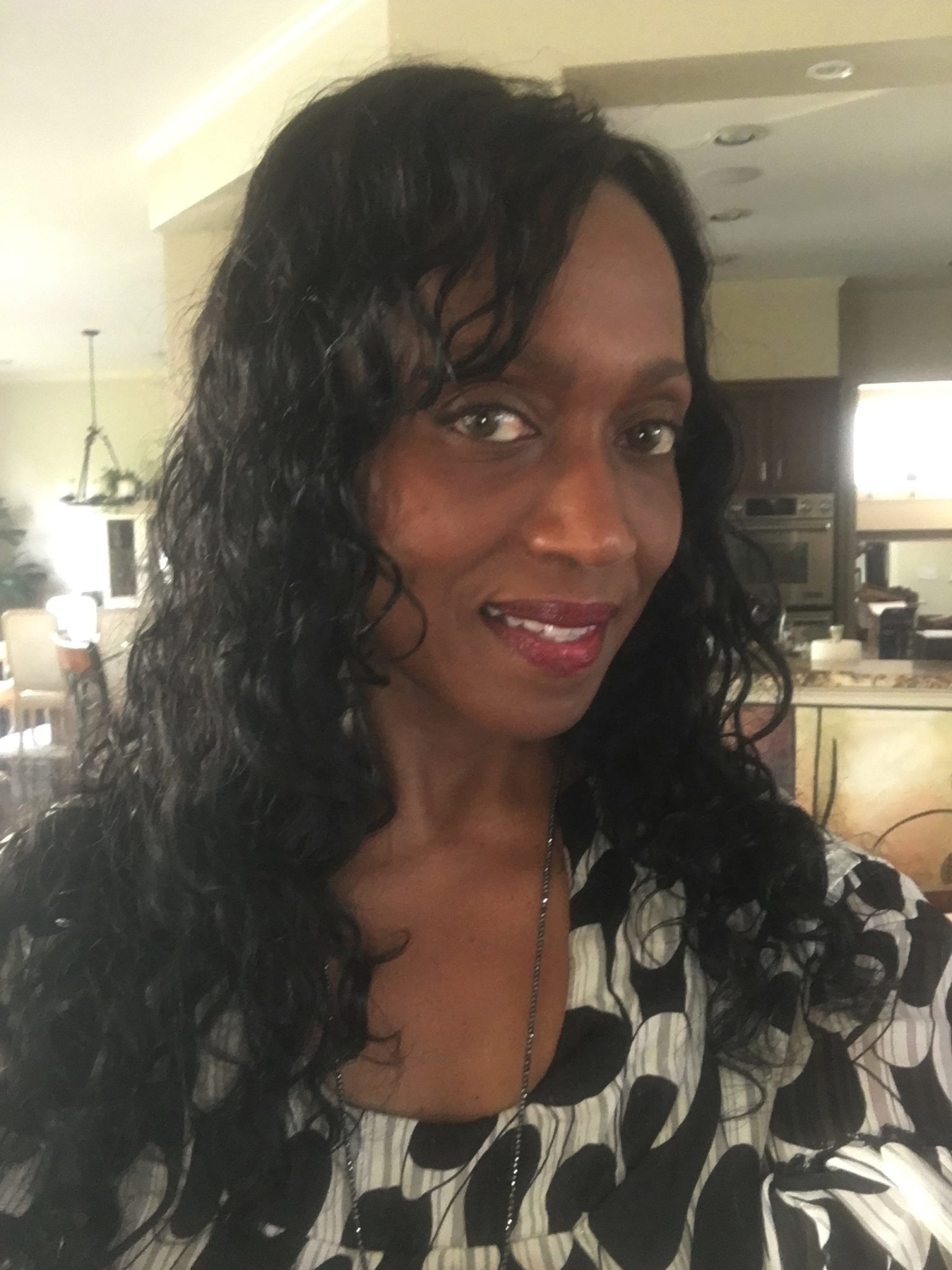Welcome to Mother’s Backyard Buzz about Grief and Relationships
This is podcast # 6, where we “break the silent struggle” around grief by unpacking my book, My Backyard Garden – A Memoir of How Love Conquers Grief and discussing why I used family relationships instead of their personal names.
I am the author and your podcast host, Debra Hester. Chapter by chapter, I’ll move us deeper into what I included and didn’t include in my book that speaks to this journey we all take called grief.
Why Relationships Were More Important Than Names
Grief is so deep and wide, believe it or not, if you’re following along with my book, I’m on the Introduction. I know people don’t always read the Introduction, but I want you to read my intro because I share many of my why’s theres. I’d like to talk to you in this episode about “why” I used relational names in the memoir instead of my family’s actual names or some fictitious names. So let’s explore what drove my heart and mind to do that.
Who are we to each other? When we say that we know someone, who are they to us? I was going through life accepting or ignoring who people were to me, really. One side of my family had the habit of calling everyone by their birth name. Some of us had two names, and some had three names in addition to your surname. On both sides of my family, most of us were given names in remembrance of one of our ancestors or someone we admired. I believe when we are named after an ancestor, it is an honor. I love this tradition.
On the other side of my family, I had a relational title, like “Sister Debra” or “Cousin Debra.” When I realized the difference, I started reflecting on how dear that made me feel. When I was grieving that made me feel better, I felt as if I belonged. That relational title strengthened me in way that I never realized before. I don’t think I’ve ever been into many titles. I had a professional title as a director, but no one called me Director Hester. I wasn’t a doctor, attorney or minister so, of course, I wasn’t referred to by those titles.
Is it Regional?
In the southern part of the U. S., people tend to address you as Miss or Mrs. more than other parts of the country. That felt strange at first, but I eventually got used to it. But none of the titles or potential titles, seem more uplifting than the relational titles.
I grew up where my aunts called my mother, sister and my one living uncle, brother. They had first names. At the time, it seemed country and, of course, since I was born more or less in the country, I saw that as less than desirable. But now, I appreciate the relational titles, what I’d like to call, terms of endearment.
We often think of terms of endearment as a name we use to address those we have affection for like sweetheart, or sweetie pie (one of my favorite childhood friend’s name). I love to refer to my son as my #1 son because he was my firstborn and my only son. My girls, I enjoy calling them darl’ng, that’s a New Orleans favorite. And I often hear my daughter-in-law call my grandsons, buddy.
Most people spend a lot of time considering what to name their children. I think that is important, but what we call them every day showing our affection is often not understood until we’re much older. Those terms of endearment bring us closer than our given formal names. Some languages, like Spanish, have the formal and informal built-in with the use of “tu” for informal and “used” for the formal word “you”. So using terms of endearment are important and useful in your grief journey.
A Quote From the Movie, Terms of Endearment
The words “terms of endearment” was popularized by a movie. Do you remember a movie called, Terms of Endearment? It was a comedy-drama released back in the early eighties. With Shirley MacLaine, who won an Oscar for Best Actress in the film, with Debra Winger and one of my favorite actors, Jack Nicholson, along with Jeff Daniels and John Lithgow.
Early on, Shirley MacLain, the mother tells Debra Winger, her daughter, “You aren’t special enough to overcome a bad marriage.” “but terms of endearment is certainly special enough to overcome its own problems. And I’ll add to that quote from the movie: terms of endearment are special enough to overcome and move you forward in your grief journey.
If you haven’t seen the movie, it might not be obvious, so I encourage you to watch it. Hollywood definitely uses a play on the word “terms” but what I like about the movie’s one-liner delivered by Shirley MacLaine, is that it shows the potential power of terms of endearment.
Your Special Relationship
So why are terms of endearment important on the grief journey? You have a special relationship with your loved ones. Mother and fathers have terms of endearment sort of built in with “Mommy”, “Daddy”, “Pops”, etc. But create what you need for the person who you love and has died and passed on.
So often now out of respect, I refer to my deceased mother as “mother”; but when I spoke to her, I called her “mom” or “mama”. So more times than not when I think of her now, especially when I miss her the most, I think of “my mom” or “mommy” and that term of endearment fills my heart with love.
In my book, My Backyard Garden, I used all the relational family names. My intent was for people to read through and easily change that relationship to whoever they need it to be for their grief journey. On the grief journey, formal names are not what is most important. The term of endearment that only you know you have for your loved one is there now for you and for them.
Is it too late to build a relationship for us to feel closer to our loved ones that are living and have passed on?
I hope not. Better yet, I encourage you to build informal terms of endearment into your language. Remember the walking stick of love that I mentioned in Episode 2. That walking stick carries us through. It gives us the strength to move on. It is there for us to lean on when we are down and need some help to get up. So are terms of endearment, there to build up a broken hear from the loss of a loved one. Let your term of endearment overcome your moment of grief and fill you with the love you need to move forward.
I want to thank you loved ones for listening to Mother’s Backyard Buzz, #empathyforgrief Podcast on the subject of “Terms of Endearment.” Think about what your term of endearment was or is for your deceased loved one? What brings back fond memories and warms your heart when you call them that name. Or did they have a term of endearment for you? Let me know by leaving a comment on my blog at: Mother’s Backyard Buzz.
Next Week
This is your podcast host, Debra Hester, where I pledge to continue to break the silent struggle with grief. Remember: move forward from grief with love and more empathy, less sympathy. If you found the podcast helpful, please subscribe to me on Spotify, Apple. #empathyforgrief is available through most podcast providers. Find out more about my mission at www.motherbackyard.org. Join me next week when I’m still unpacking the Introduction of my book and I’ll talk about my experience with “The Stages of Grief”.
